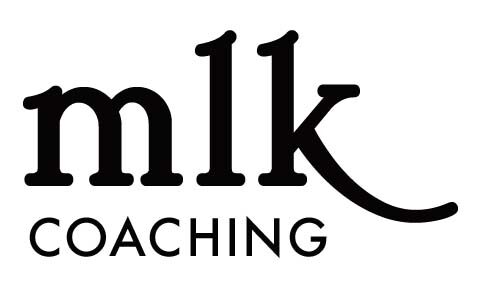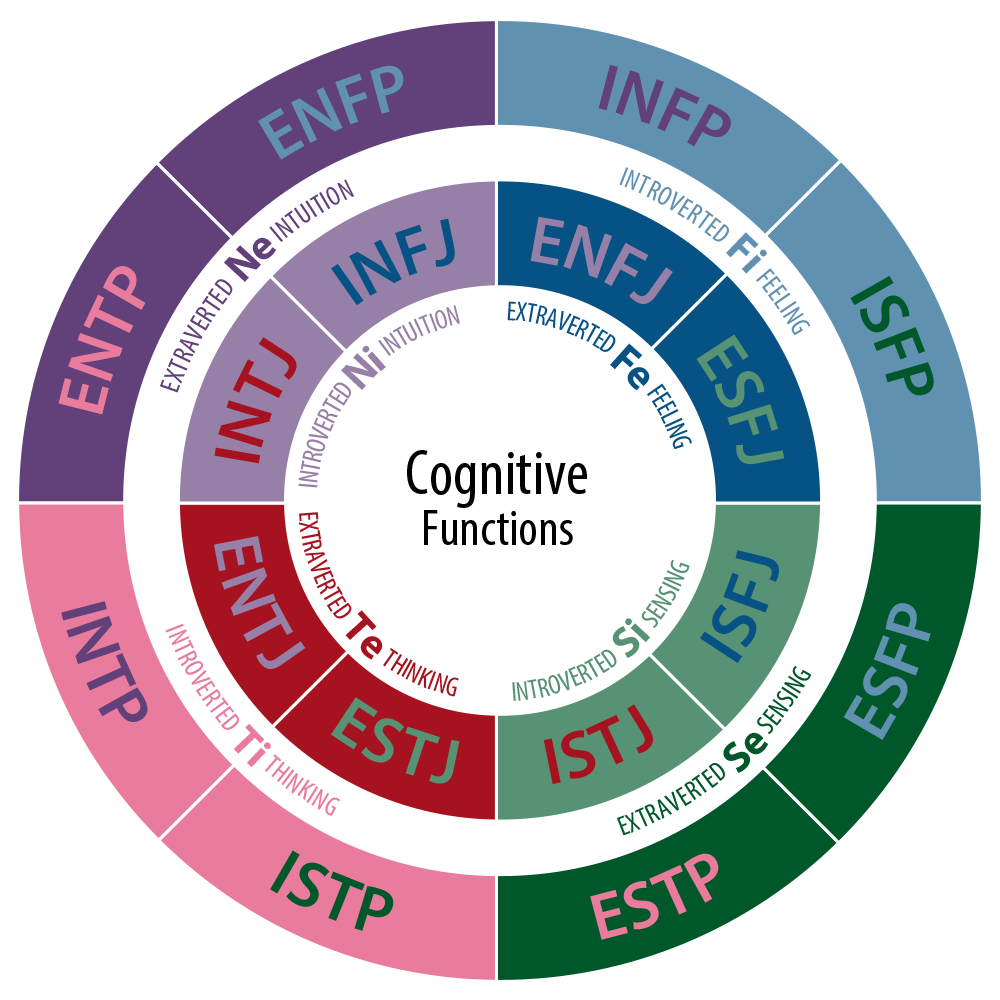
Interviews can send shivers of terror down your back – but they don’t have to. With some preparation and practice ahead of time you can reduce the anxiety and even enjoy (maybe?) the interview process.
Employers really are looking at three categories when they interview you:
- Can you do the job?
- Do you want the job?
- Are you a fit for the job and company?
Let’s look at each of these in detail
Can you do the job?
A common questions employers may ask is, “What are your strengths?” Be careful with this question. If they ask you to tell them about three of your strengths – answer with three strengths, not two or four. This demonstrates you can listen and follow directions.
So, how do you answer this question? Provide strengths and then back them up with examples.
For example, “One of my strengths is I’m creative and always looking for ways to maximize productivity. In my last role I was under-resourced so I reached out to another department and solicited their help –during their quiet period. The manager was more than happy to lend me one of her staff as it was a slow time and she wanted to ensure she didn’t lose her staff member. Win-win for both departments.”
Another common question is “What is your weakness?” This can be a tricky one to answer, as it’s natural not to want to point out your faults during an interview. You want to show how you are working on the weakness – but not how you have solved it, as then it isn’t a weakness anymore.
For example, “My weakness is that I get so involved in my client’s issues that I have a hard time turning off after I leave work. I now use my transit time between work and home to debrief and make some notes about my client’s so that when I get home I’ve cleared my mind and am ready for my family and me time.”
Talk about what you have learned in the process. You might even try a little humour by answering “chocolate” as your weakness, but be prepared with a serious answer to back it up as well.
Do you want the job?
Employers hire people that want to work for them. When there are several candidates with the same qualifications often employers will select the one that is most enthusiastic about working in their company.
In order to genuinely show your interest in the company you are interviewing with, it’s a good idea to do some research on the company prior to the interview. That way you can demonstrate that knowledge around some of the projects, expansion plans or other things the company might be doing.
A common question in this category is, “Why do you want to work here?”
Answering with, “I have the skills and qualifications for the job” is not an answer that will land you the job. Instead, try something like,
“With over 10 years experience as a construction super intendant specializing in major commercial, I’m ready to take on projects like your recently completed Massey Bridge. From my research I understand you are now expanding your business into Asia. My ability to speak Mandarin and excellent knowledge of Chinese culture (having lived in China for 5 years) makes me an ideal candidate for this job. I’m really excited to join your offshore team and contribute to the ongoing success of RAM Construction.”
Are you a fit for the job?
The final category is probably the most subjective for the employer. They want to understand if your character, values and interests fit within their organization’s culture and the team you will be working with.
“Do you work well on a team?” may be a question under this category. You might also be asked, “What are your interests?” The employer wants to understand if you will get along well with other members of their team and their company culture. Learning about your interests offers insight into who you are as a person and how you might handle stress. Interests can be a connection point with the interviewer too.
More tips for acing your interview
No matter what interview questions are thrown your way increase your chances of success by doing the following:
- Prepare ahead of time by thinking of all the potential questions you may be asked and practicing with a friend or family member.
- Wherever possible give examples with your answers.
- Stress your interest in the job/role/company (unless you really aren’t).
- Do you research!
- Prepare some questions to ask the employer at the end of the interview
- Follow-up with a call and a real thank you card
Bob* never had an interview. After being in the same frontline role for over 15 years he decided he wanted to move into a leadership role. After being told he was one of the shortlisted applicants he needed to prepare for the interviews. He had no idea how to do this. He hired me to coach him through the process. We started out by looking at his values and strengths and what he personally could bring to the role. After three sessions he was ready for the interview process and three interviews later the organization offered him the job, which he happily accepted!
If you need a little help nailing that interview, email me at [email protected] to learn more about my interview skills package.
*Name changed to protect confidentiality.
Originally posted on Noomii Career Blog.









